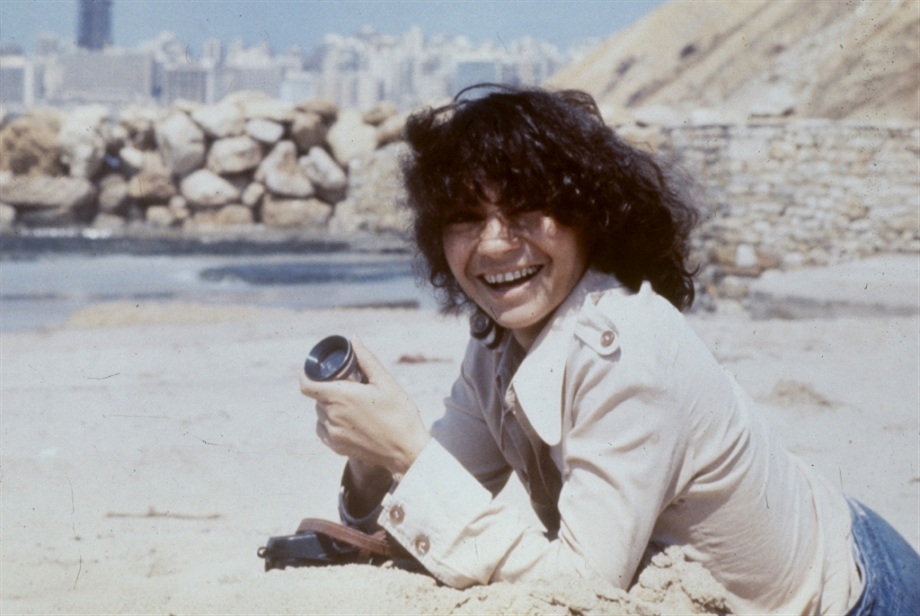For Jocelyne

I first met Jocelyne Saab around 1972/1973. At that time, I was in charge of the cultural section of the French-language daily paper As Safa in Beirut. I’d returned from a long stay in the U.S. and was keen to encourage young Lebanese people to contribute to my pages in the paper. Jocelyne must have been about twenty then, or just over. She brought me reviews of pop records, and I was fascinated by her “scribblings”.
She was a very lively and talented young woman. When the civil war broke out in Lebanon a few years later, she came to ask me if I would write a text for a film of just over thirty minutes that she’d made herself, mostly in downtown Beirut during the shelling. The strength of this film – which was shown on TV in several world capitals – lay in its innocence; Jocelyne had managed to convey the atmosphere of the early days of the war. She went on to make a second film, Lebanon in a Whirlwind – an extraordinary work that captured the Lebanese milieu in which the war began better than any other written or filmed account of the subject. With her political courage, moral integrity and profound intelligence, Jocelyne instinctively grasped the essence of the conflict. As I have just tried to explain, no document on that war ever rivalled the three films Jocelyne made about Lebanon. Hers is a rare and precious oeuvre, valuable for the history of Lebanon but also for its relevance beyond its borders; it should be part of university courses on contemporary sociology and politics.
I would also like to express my affection for Jocelyne. On the strength of her films and the way she has lived her life to date, I consider her one of the bravest, most intelligent and above all freest spirits I have ever encountered – though her freedom of thought and behaviour has sometimes cost her dearly and even put her life in danger. Few other people have suffered so much to preserve their self-esteem and survive in a meaningful way in a world as hostile and indifferent as ours. Jocelyne’s work deserves to be recognized for its true, and considerable, value; few people are as worthy of our admiration, and I am glad of this opportunity to say so.
Originally published in La Furia Umana paper#7 (November 2014). This translation was published in Jocelyne Saab, Zones de guerre (Montreuil: Les Éditions de l’Oeil, 2018).

